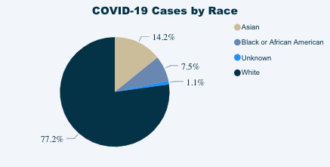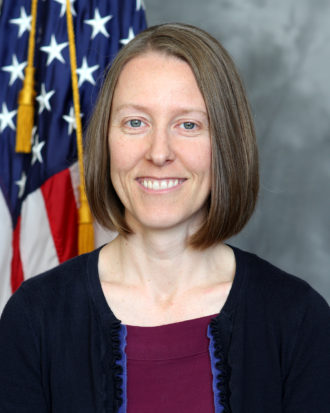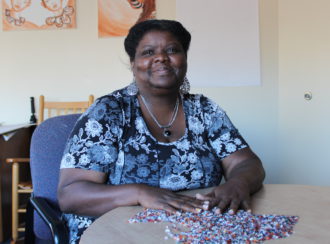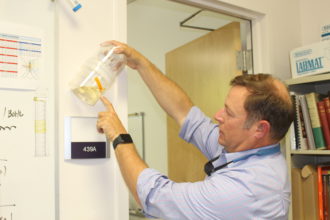Gov. Roy Cooper signed a new executive order on June 4 to address the impact of COVID-19 on communities of color. In Buncombe County, a disproportionate number of COVID-19 cases come from historically marginalized communities.


Gov. Roy Cooper signed a new executive order on June 4 to address the impact of COVID-19 on communities of color. In Buncombe County, a disproportionate number of COVID-19 cases come from historically marginalized communities.

Public health nursing is all about getting out into the community to improve people’s health where they live, work and eat. It may not be glamorous, but it’s an opportunity to really make a difference, says Hayley McPeters, one of nine Buncombe County nurses honored recently as part of a statewide campaign.

This year’s flu season seems to be peaking early, with widespread infection but lower rates of hospitalization and death than in some years. It’s too soon to say, however, whether we’ve seen the year’s worst flu effects, according to health officials.

With funding flowing to WNC health care organizations from foundations and governmental sources, look for new and continuing programming to boost local health and well-being in 2020. Programs for people on the autism spectrum and children from low-income families who need braces are among the offerings in the new year. Plus, six Mission Health nurses are honored as being among the state’s best.

Dr. Jennifer Mullendore, medical director for Buncombe County, reflects on positive shifts in our local health and wellness culture.

From 2010 to 2018, “Our black infant mortality rate has increased from 11.7 to 15.1 deaths for every 1,000 babies born,” Hannah Legerton told Buncombe County commissioners on Dec. 3. That means that black babies in Buncombe County are four times as likely to die before their first birthday as white babies. And since infant mortality is a leading indicator of population health, health officials say, those numbers bode poorly for the wellbeing of African American county residents. Collaborative efforts are seeking to address the underlying issues driving inequities in health outcomes.

Over 100 members of the community attended Let’s Talk Opioids, described as a “community update and conversation on opioid crisis response in Buncombe County.” The standing room-only crowd listened as in-the-trenches experts presented information, including the Mountain Area Health Education Center, Vaya Health, Asheville Fire Department, Buncombe County Health and Human Services and the N.C. Department of Justice.

According to Buncombe County Health and Human Services, the county had 21 reported cases of Lyme disease in 2018. Western North Carolina is a hot spot for the disease as well as other vector-borne illnesses (those transmitted by carriers such as mosquitoes, ticks and fleas).

The Buncombe County Health and Human Services Department will offer syringe services at its 40 Coxe Ave. clinic beginning in July or August, joining the Needle Exchange Program of Asheville and the Steady Collective in providing supplies and education to reduce the harms associated with injection drug use.

Government agencies and departments from Buncombe County and the City of Asheville are pursuing a slew of initiatives that will reduce the barriers to active modes of transportation like walking, biking and using public transit. In addition to their environmental benefits, these coordinated efforts also promote mobility, health and well-being.